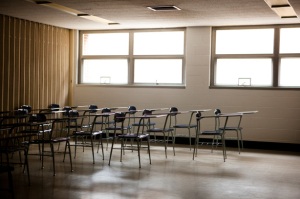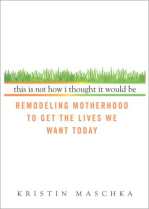 Fast Company magazine published online an article on education reform How to Spend $100 Million to Really Save Education. An article I appreciate because it challenges the popular narrative around public education now such as “charter schools and strong MBA style leaders” are THE answer.
Fast Company magazine published online an article on education reform How to Spend $100 Million to Really Save Education. An article I appreciate because it challenges the popular narrative around public education now such as “charter schools and strong MBA style leaders” are THE answer.
That same week I spent two full days in Los Angeles with committed teams of District and school site leadership from nine of eleven California Districts in the middle of implementing major transformation of their high schools as part of the California Linked Learning District Initiative. This initiative supports districts a system of college and career pathways in their high schools and is supported by ConnectEd The California Center for College and Career, The School Redesign Network at Stanford and The James Irvine Foundation.
The Fast Company article led to a Twitter conversation tagged #fixedu that I think is misnamed given the spirit of the article. The popular narrative is all about “fixing” and it frustrates me, especially given my time with these nine California districts this week. Here’s why.
- You can’t collaborate with someone you are trying to “fix.”
How receptive would you be to ideas from someone who said they were trying to “fix” you? Far more effective to come from a place of humility. “What can you teach me about your challenges so I can contribute to the solution?”
- Education reform isn’t about “fixing” – it’s about completely remodeling for the 21st century. This is the same remodeling every other industry or social institution is facing.
Every other industry and social institution is undergoing total transformation in response to the most rapid economic, social, technological, and demographic changes the world has ever seen. Do we talk about “fixing” the music industry? The publishing industry? No, we talk about how they have or need to adapt to a new reality. The same is true of education. The world has changed. What kids need to succeed has changed. We need to remodel education – like everything else – to match our new reality and new vision for the future.
- People outside education talking about “fixing” implies educators are incompetent or uninterested in remodeling education.
Educators are just as frustrated as everyone else. As I’ve found in most organizations and systems, it’s not that the people are incompetent or even resistant to change. The problem is good people stuck in a bad system – or more accurately a system built for another time and purpose. I moved from the corporate world ten years ago thinking I could “fix” education and instead found a huge number of committed and capable people already in the process of transforming it. I realized I didn’t know what I didn’t know about change in the education context and set about learning and contributing instead of “fixing.”
So instead of “fixing” education, let’s talk about how everyone can contribute to the remodeling education for our future.
P.S. For another take on importance of vision vs. “fixing,” check out this video by Hildy Gottlieb.





i agree. thank you for putting this sentiment (which i have been giving a lot of thought to lately) into words.
great thoughts, though I would even go further. part of the confusion over how we approach education reform is that there are at least three major different things that people want to reform and the conversations get treated as one and therefore terribly muddled:
1. racial acheivement gap issues which are incredibly complicated and whose roots are simply not understood even now.
2. impact of poverty on acheivement – the near perfect correlation between income levels of school populations and student performance has defied almost every single approach to impact this.
3. more creative teaching approaches that emphasize thinking/creativity versus test preparation.
everyone trying to solve each particular problems sometimes come up with complementary approaches and sometimes completely contradictory approaches, all in the name of “reform”.
Pingback: Our Middle School Decision | Kristin Maschka's Blog